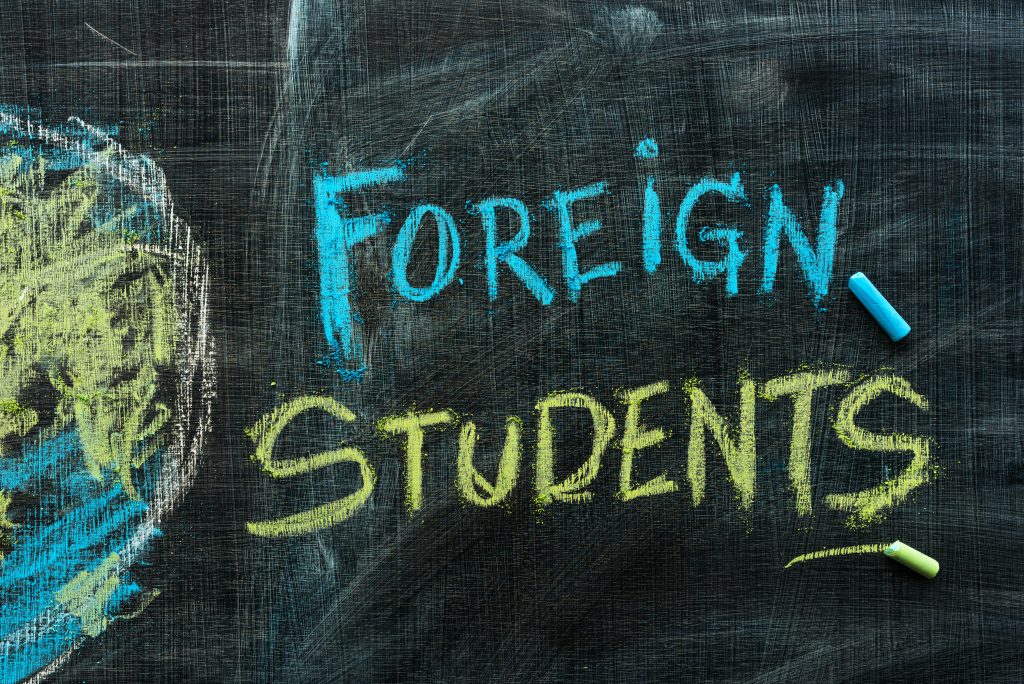The principal means of attending school in the United States by a foreign national is through F-1 nonimmigrant student status. However, for foreign nationals seeking to study at a nonacademic institution other than a language program, the M category is appropriate. For a foreign national wishing to study at a U.S. academic institution such as a University, College, High School, Private Elementary School, Seminary, Conservatory or language school, an F-1 is the appropriate category.
Must Apply for Admission to a U.S. Academic Institution First
Applying for admission to a school approved by the U.S. government under the Student and Exchange Visitor Program (SEVP) is the first hurdle anyone wishing to study in the U.S. as an F-1 student must jump over. A foreign national may seek a change of status to F-1 while in the U.S. or may apply for a F-1 visa at a U.S. consulate abroad.
Optional Practical Training
F-1 students may apply for work authorization under Optional Practical Training (OPT). Generally, students may receive OPT for up to 12 months. Students who have earned a degree in fields of science, technology, engineering or math (STEM) may apply for an additional 24-month extension. Students may receive OPT during (pre-completion) or after (post-completion) completing their degree program. Pre-completion OPT is available after completing one full academic year of study. If approved for pre-completion OPT, a student may work no more than twenty hours per week while school is in session. Only when school is not in session may a student work full-time with pre-completion OPT.
Post-completion OPT is available to an F-1 student after completing their study program. Any pre-completion OPT will be deducted from post-completion OPT validity. Therefore, students cannot double-dip on the total number of months they are eligible for OPT, whether it is 12 months total or 36 months with a STEM extension.
Note that employment authorization granted under OPT is valid only when working in a position that is directly related to the student’s major area of study. For example, an F-1 student who just earned a degree in computer science and obtained OPT approval cannot then work as a bar tender using the OPT employment authorization document as that would not be permissible employment.
F-1 Dependents
Dependents of an F-1 student, a spouse and children, may be granted F-2 dependent status.
Speak with an Immigration Attorney
Sunil C. Patel Immigration Law is experienced with helping students change their status to F-1 nonimmigrant status and assisting students apply for an F-1 visa at U.S. Consulates around the world. We are committed to honest, cost-effective immigration advice and services in every case. Contact us for more information about how we can assist you.



